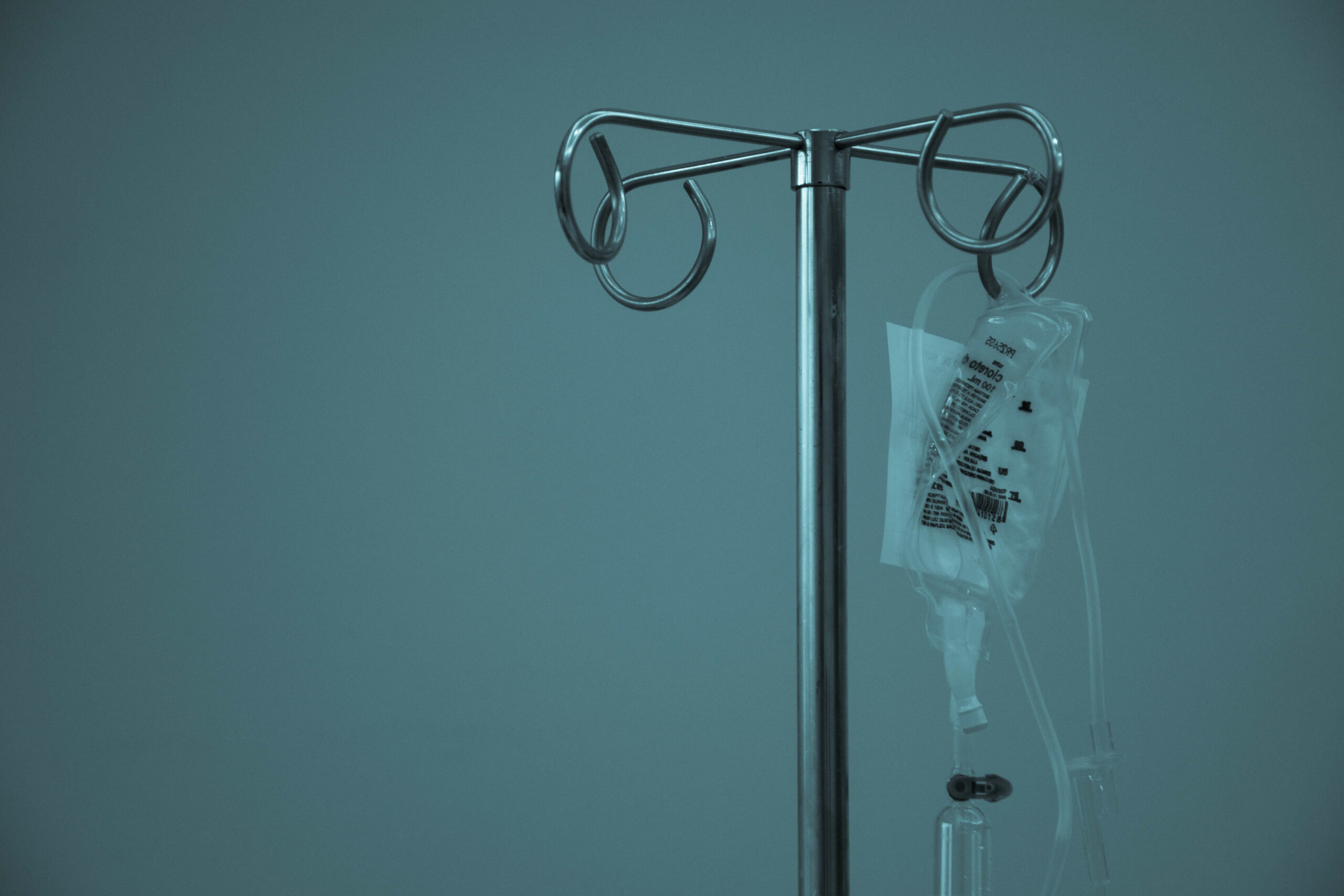Radiation and chemotherapy are both very effective treatment options for patients diagnosed with cancer. Cancer is defined as the occurrence when uncontrollable growth of abnormal cells takes place that can spread to the surrounding tissue and organs. When cancer is left untreated or diagnosed at a later stage, the cancer can metastasise and affect multiple organs.
The most common cancers in men in the UK are prostate, lung and bowel cancer. All of which can be treated with radiotherapy or chemotherapy.
Radiation and its Effect on Male Fertility
Radiation is energy that is released in the form of electromagnetic waves and can come from various resources. Natural radioactive materials are found in the ground, water and air and humans ingest them daily. There are also non-natural resources of radiation from X-rays and radiotherapy used in a medical setting in order to diagnose or treat certain health conditions.
When a healthy human being is exposed to radiation it can be harmful to their health, depending on the time of exposure, the route, the type of radiation and the sensitivity of the tissue or organs. In the case of certain cancers, radiotherapy may be used to treat cancer by killing the abnormal cells that have grown uncontrollably. Not only is radiation therapy used to treat cancers, but also other conditions such as non-malignant tumours and trigeminal neuralgia.
Testis tissue is known to be highly radiosensitive and can be easily affected when exposed to radiotherapy. Radiotherapy can also damage gonadal tissue, such as germ cells at any stage in a male’s life and it can lead to sterility. Radiotherapy can also have an effect on Leydig cells, which produce testosterone which can result in hypogonadism where there is a loss of facial and body hair, decreased motivation and libido, testicular atrophy and a change in muscle mass.
Chemotherapy and its Effect on Male Fertility
Chemotherapy is the use of cytotoxic medications along with other medications to treat patients diagnosed with cancer. Chemo can be mixed in a bag and be administered via the intravenous (IV) route or certain chemotherapy is available in an oral tablet form that can be swallowed. Different chemotherapies are used for different types of cancer and different degrees of cancer.
Certain chemotherapy medications can have devastating effects on male fertility by causing prolonged azoospermia, where there is an absence of sperm in the semen. The reversal of this effect is highly unlikely. On the other hand, other chemotherapies can have a low risk on sperm count only causing a temporary decrease in sperm and the quality thereof.
In the case where boys are diagnosed with cancer and undergo chemotherapy, there is a chance that their fertility may be affected as a grown man and may not ever be able to conceive. A fertility specialist can be counselled if it is needed. It is also recommended that when a male is diagnosed with cancer in his reproductive years and still wants to conceive, the oncologist and fertility specialist work closely together to consider options for sperm preservation.
Sperm Preservation
Cryopreservation for men is the new kid on the block. It is a term used to describe the process of cooling certain biological samples to extremely low temperatures in order to preserve these cells. Not only can women freeze their eggs, but men can freeze their sperm with the idea of conceiving at a later stage or donating their sperm.
Studies recommend that men diagnosed with cancer who still want to conceive in the future, consider cryopreservation as soon as possible or before starting chemotherapy in order to ensure the best possible quality of semen before it might decrease during the treatment period.
This topic can be discussed with your healthcare professional or a fertility specialist at a fertility clinic.
Cancer screening
Regular screening tests are recommended to diagnose possible cancer at an early stage as this is when the treatment is usually most effective.
It is recommended that men from the age of 55 years go for a regular check-up at their doctor as well as for prostate cancer screening as the risk of being diagnosed with prostate cancer increases as a male age. The screening test for prostate cancer will involve a physical examination as well as a PSA test where blood is tested for elevated PSA levels.
Men in the UK can also be screened for bowel cancer from the age of 56. This screening test will include a faecal monster and testing for blood within this sample as it can be an indicator for bowel cancer.
Preparing for a Doctor’s Appointment
Before going to a doctor for a screening test, it is recommended that patients come prepared. Ensuring they have knowledge of their medical history, will be able to describe the list of symptoms they are experiencing, and be able to determine the medication they are currently taking and the reason for their visit.


 71–75 Shelton Street, Covent Garden, London, WC2H 9JQ
71–75 Shelton Street, Covent Garden, London, WC2H 9JQ +44 (0) 20 3376 1032
+44 (0) 20 3376 1032



